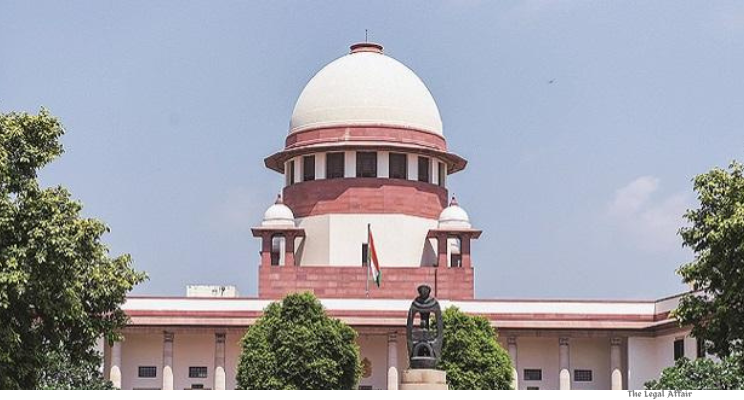Supreme Court Highlights Misuse of Abetment Law
Why in the news?
The Supreme Court discharged a bank manager accused of abetment to suicide, emphasizing the need for proper evidence and caution in framing charges under Section 306 IPC.
Key Supreme Court Observations
- The Supreme Court emphasized sensitizing investigative agencies and courts on abetment of suicide cases under Section 306 IPC.
- A Bench of Justices Abhay Oka and K. V. Viswanathan cautioned against misuse of the provision, stating charges should not be framed without sufficient evidence.
- Highlighted the need to protect genuine victims but avoid prosecutions aimed solely at appeasing grieving families.
Legal Provisions and Standards
- Abetment Definition: Section 107 IPC defines abetment as instigation, conspiracy, or intentional aid in committing an act.
- Punishment: Under Section 306 IPC, abetment of suicide can lead to up to 10 years imprisonment and a fine.
- To prove abetment, direct instigation or aiding the suicide must be established.
- Previous Supreme Court judgments (e.g., Mohan v. State and Ude Singh v. State of Haryana) set a high bar for evidence, requiring direct or indirect incitement leading to the act.
Case Highlights and Context
- In a recent case, a bank manager was accused of abetment after a borrower allegedly died by suicide due to loan recovery harassment.
- Both the trial court and Madhya Pradesh High Court upheld charges based on a suicide note alleging mental torture.
- The Supreme Court discharged the manager, criticizing “mechanical framing of charges” and stressing that informal exchanges should not be treated as instigation.
- The apex court reiterated the importance of direct evidence in cases involving official relationships, such as employer-employee disputes.
Abetment of Suicide:
- Definition: Refers to encouraging, instigating, or aiding another to commit suicide.
- Legal Provisions: Defined under Section 107 IPC and Section 45 BNS (2023).
- Punishment: Up to 10 years imprisonment and a fine (Section 306 IPC/108 BNS).
- Offence Nature:
- Cognizable: Arrest without warrant.
- Non-bailable: Bail at court’s discretion.
- Non-compoundable: Cannot be withdrawn by compromise.




